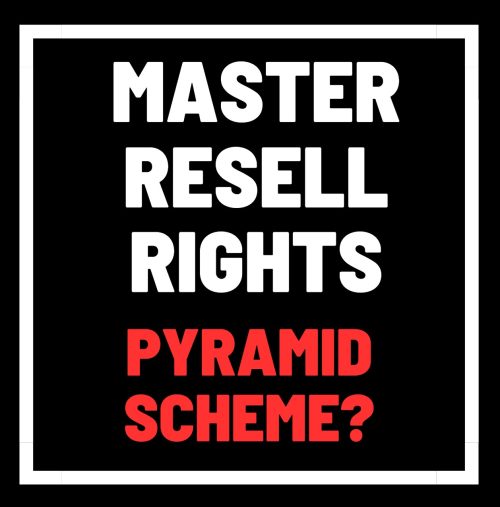
Master Resell Rights vs. Pyramid Schemes: What’s the Real Difference?
- MRR
- October 19, 2024
Ever wondered if Master Resell Rights (MRR) is just another term for a pyramid scheme? It’s a fair question, given the similarities that some people point out. But don’t jump to conclusions just yet. In this article, we’ll unpack the real differences and similarities between MRR and pyramid schemes so you can understand how they work and make smarter decisions in your online business journey.
Now before I dive in, if you want to learn how I went from being a car mechanic to building a 7 figure business online, read this:
Do you want to know a 100% legit way to make an income from home?
What if you could build a passive income stream that’s actually passive?
An income stream that doesn’t require:
- Inventory
- Selling to friends and family
- Selling to strangers
- Recruiting people
- Dealing with questionable products that weigh on your conscience
An income stream that brings in consistent revenues every single month (from a couple thousand dollars to well over $10,000)?
An income stream you could actually build in your spare time, and grow as large or as small as you want to, without having to spend hours a day chasing, selling, or managing anything?
Just take a look at this:
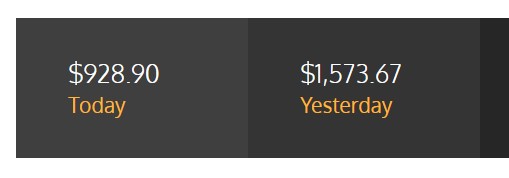
Now I can’t guarantee you results like this but I am just showing you what is possible!
If that sounds like something you’d be interested in, check out Digital Real Estate.
Let’s keep going…
Understanding Master Resell Rights (MRR)
MRR is a straightforward concept where you buy the rights to a digital product—like an eBook, online course, or software—and resell it for 100% of the profits. It’s an especially popular model in the digital space, but the key point is that it doesn’t require recruitment or multi-level structures like pyramid schemes do.
- Product Purchase: You invest in digital products, acquiring rights to resell them.
- No Recruitment Needed: Unlike MLMs and pyramid schemes, there’s no need to recruit others to make money.
- Direct Sales: The profits come from direct product sales, not from enlisting new affiliates.

Misconceptions Around MRR
It’s easy to misunderstand MRR, especially when people confuse it with MLMs or outright scams. Here are some myths debunked:
Myth 1: High Profits Equal Scam
High profits don’t automatically mean something is a scam. In MRR, you buy a product once and sell it as many times as you want. This scalability allows for high margins, especially when you’re selling quality products.
Myth 2: MRR Is Just MLM with a Different Name
The confusion often comes from the fact that both MRR and MLM involve selling products. However, MLM relies on recruiting others to sell, creating multiple levels of commission-based earnings. MRR is simpler: you buy, sell, and profit—no complex structures or recruitment involved.
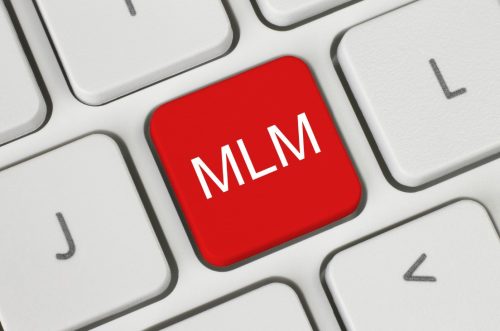
Myth 3: All Reselling Models Are Pyramid Schemes
Pyramid schemes focus on recruiting, not selling products. MRR focuses on product sales, where your earnings depend on selling digital products, not signing up others.
What Is a Pyramid Scheme?
A pyramid scheme works by having people recruit others into the scheme, earning money primarily from these recruitment fees. It often lacks a legitimate product, and profits dry up once recruitment stalls. In contrast, MLMs introduce actual products but may still focus heavily on recruitment.
MRR is different. You buy the rights to a product and sell it for profit. It’s a single-tier model focused on sales, not recruitment, making it a legitimate business model when done correctly.
Key Differences Between MRR and Pyramid Schemes
- Investment Structure: MRR involves a one-time purchase of a product, whereas pyramid schemes require fees primarily for recruitment.
- Profit Source: In MRR, profits come from product sales. Pyramid schemes rely on recruiting new members.
- Sustainability: MRR can be sustainable if the product has demand. Pyramid schemes collapse without continuous recruitment.
- Legal Standing: MRR is generally legal since it’s based on product sales, unlike illegal pyramid schemes.
How to Safely Engage in MRR
Before jumping into MRR, ensure you follow these steps:
- Do Your Research: Investigate the product and seller to make sure they’re reputable.
- Understand the License Agreement: Know what rights you have before you start selling.
- Choose Reputable Sources: Seek recommendations and read reviews before committing.

Conclusion
MRR isn’t a get-rich-quick scheme, nor is it a pyramid scheme. It’s a legitimate way to make money online if you choose quality products and approach it strategically. Make informed choices and avoid the pitfalls that come with misunderstandings around this business model.
My Number 1 Recommendation
Do you want to know a 100% legit way to make an income from home?
What if you could build a passive income stream that’s actually passive?
An income stream that doesn’t require:
- Inventory
- Selling to friends and family
- Selling to strangers
- Recruiting people
- Dealing with questionable products that weigh on your conscience
An income stream that brings in consistent revenues every single month (from a couple thousand dollars to well over $10,000)?
Take a look at some of the results:
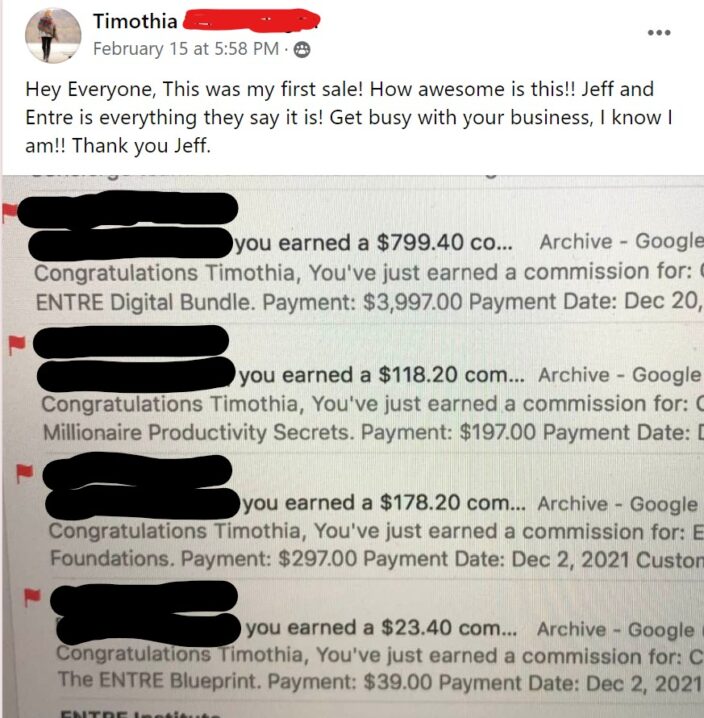
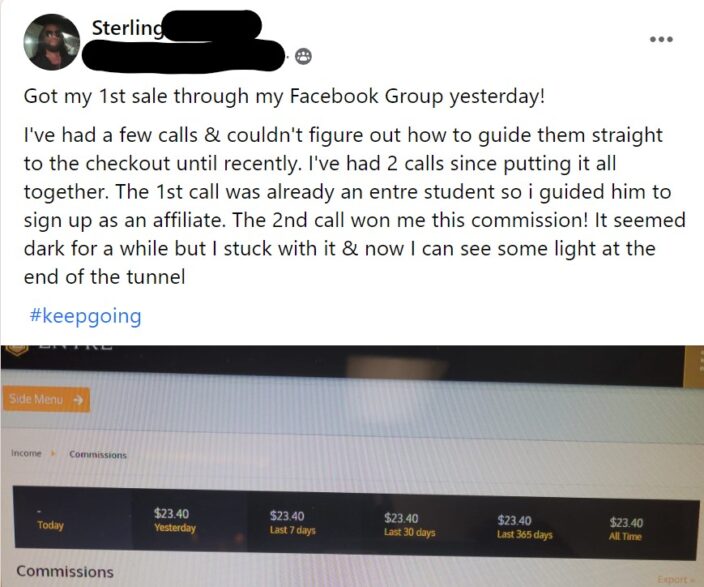
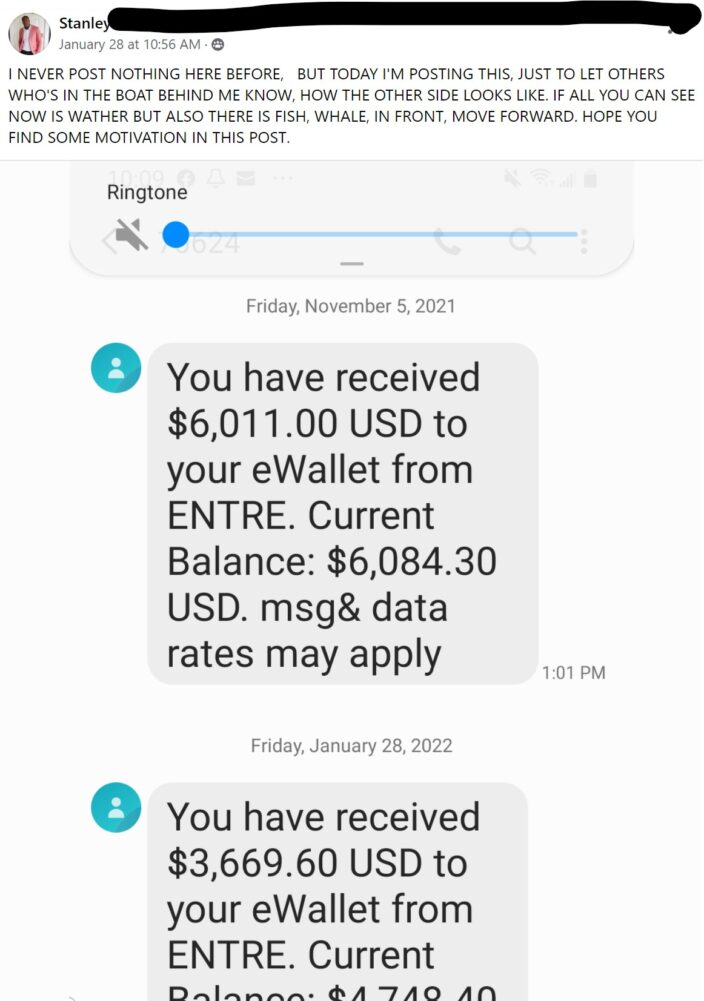
An income stream you could actually build in your spare time, and grow as large or as small as you want to, without having to spend hours a day chasing, selling, or managing anything?
If that sounds like something you’d be interested in, check out Digital Real Estate.
Follow me on Social media below:
Subscribe To My YouTube Channel Here.
See you at the top,

-Jesse Singh
P.S. If you are tired of failing ANY business, click here and check this out to take your game to the next level
